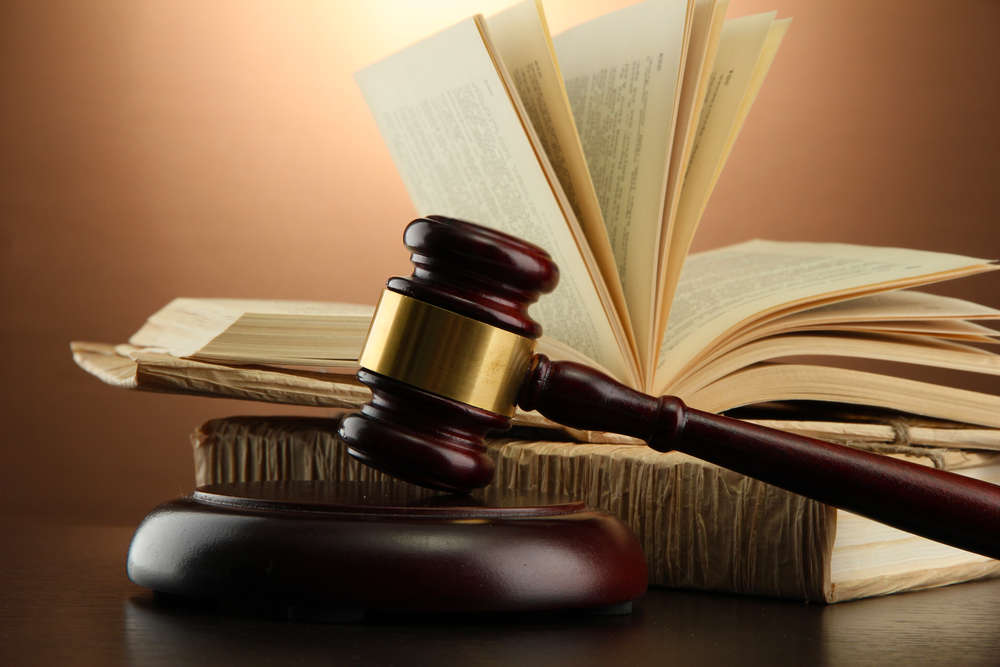Blog
How to Sanction the Crypto Space
June 08, 2022
When Russia invaded Ukraine earlier this year, many countries responded to condemn Russian military aggression and promise support for Ukraine; within days, some of the most immediate responses were to impose financial sanctions on the Central Bank of Russia, Russian oligarchs and Russian politicians. By removing access to money and other assets, other countries ensured that Russian interests have fewer resources to draw on, put pressure on the rich ruling classes who may have the political power to influence the situation, and dissuaded others from siding with Russia and incurring similar penalties. The impacts of such sanctions also affect the fortunes of the country as a whole - encouraging pressure from the populace against the leadership decisions responsible for the sanctions. The effects of this have all been seen in Russia since sanctions were levied in force.

Unfortunately for the crypto space, not long after sanctions were announced, it was revealed that some Russians were turning to crypto to avoid the restrictions thanks to the pseudo-anonymous, open and borderless nature of public blockchains. This, coupled with the lack of any central governing body to establish restrictions, effectively means that anyone can create a wallet and begin transacting; the benefits that make blockchain so innovative and beneficial for people without access to money cut both ways. Fortunately, however, the blockchain isn’t as anonymous as most people believe - indeed, law enforcement agencies such as Interpol have been using it to locate and catch criminals for years - and, over the past few years, regulatory compliance has increasingly become standard practice for crypto businesses as people realize regulations are enforced for good reasons - namely safety and security.
These current characteristics of the crypto ecosystem means that it’s not practical for Russia to simply turn to crypto to avoid sanctions. Whilst it may be possible for some individuals or small aspects of businesses to leverage crypto and blockchain advantages, transferring money between fiat and crypto still requires exchanges where KYC and AML measures are upheld, meaning that sanctioned individuals will be unable to benefit from them any more than they would traditional financial instruments. Even should such people find unregulated exchanges, the transparent nature of the blockchain allows authorities to identify where the money enters the cryptosphere and flag such instances as criminal.
In line with restricting sanctioned Russians from being able to gain financial freedom through blockchain services, the US Department of the Treasury has been keeping a list of crypto wallets associated with sanctioned individuals, enabling these addresses to be easily identified. Found here, the page shows how even with multiple wallets individuals in question can have their assets identified and flagged by the authorities. In a similar vein, the UK’s Financial Conduct Authority (FCA) recently put out a statement regarding cryptoassets and sanctions.
The developments between Russia and Ukraine, and the actions countries are taking against Russia, highlight how vital the ability to enforce regulatory standards are in the blockchain ecosystem. Without suitable solutions in place to enable the vetting of users and their assets, sanctions would be much more difficult to enforce, leading to people who should be penalized for legitimate reasons having the freedom to continue with any illicit activity they’re involved with using cryptoassets, and sanctions overall being less effective. Thankfully, this risk has been identified and KYC and AML measures are now considered standard for legitimate blockchain companies and services seeking to conduct their business in a safe and legal manner. All companies need to do is ensure they have a viable KYC and AML solution in place.
Blockpass provides this option - both for people in the blockchain ecosystem and those without - and has positioned itself to suit the needs of blockchain companies in as seamless a manner as possible, keeping on top of the latest regulatory guidance as well as ensuring privacy for users and control for individuals over their data. With the ability to block entities and crypto-wallets that have been sanctioned, enable white and black lists, and a reputation system to benefit reputable users, Blockpass ensures only those who are compliant with regulations can enjoy the benefits of the crypto ecosystem in a fast, efficient and extremely affordable way.
The Blockpass platform is fully automated and hosted in the cloud, with no integration or setup fee. Businesses can sign up to the KYC Connect® console in a matter of minutes, test out the service, and start conducting identity documents verification, KYC and AML checks. Sign up for FREE at console.blockpass.org.
By Matthew Warner